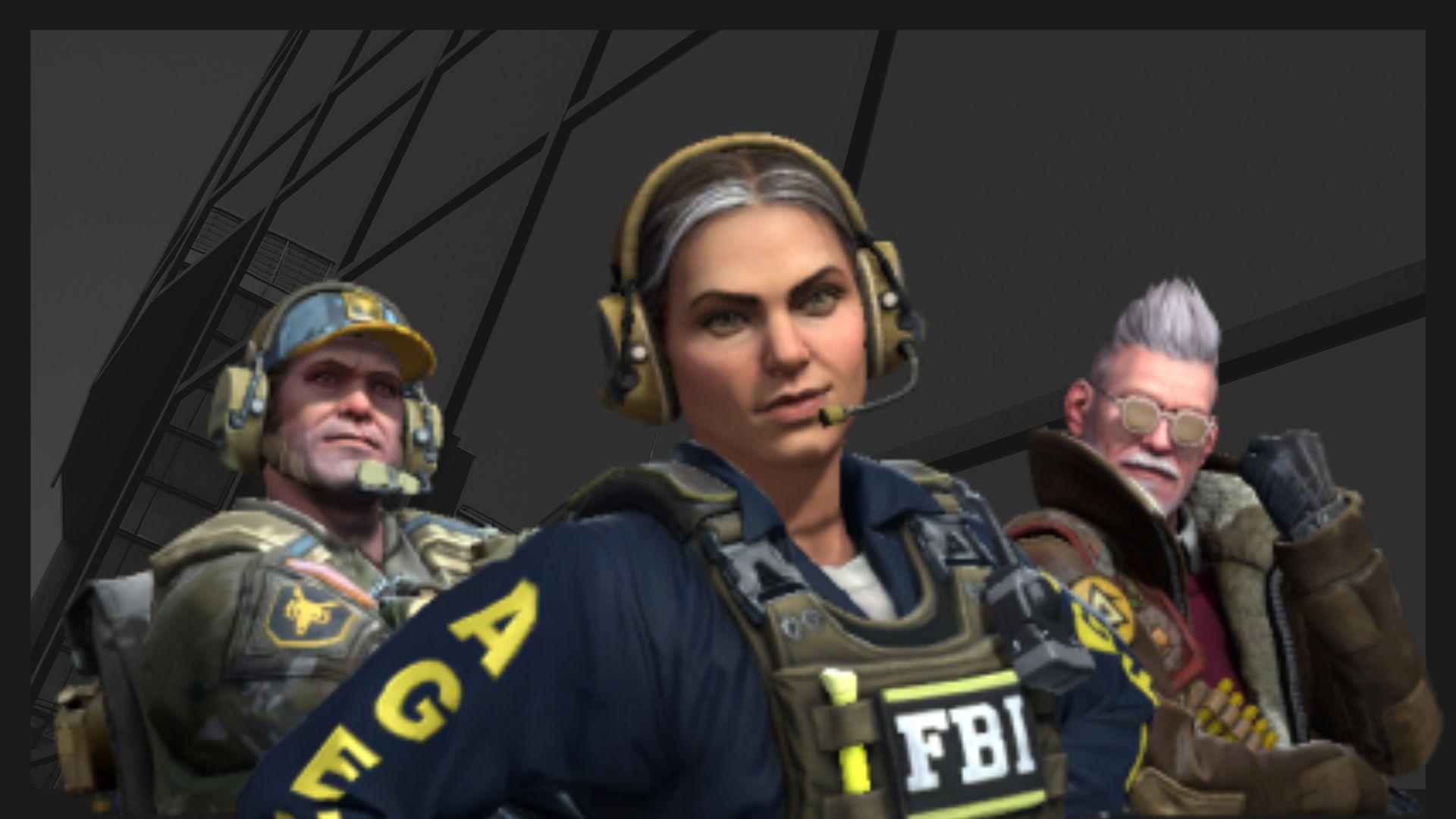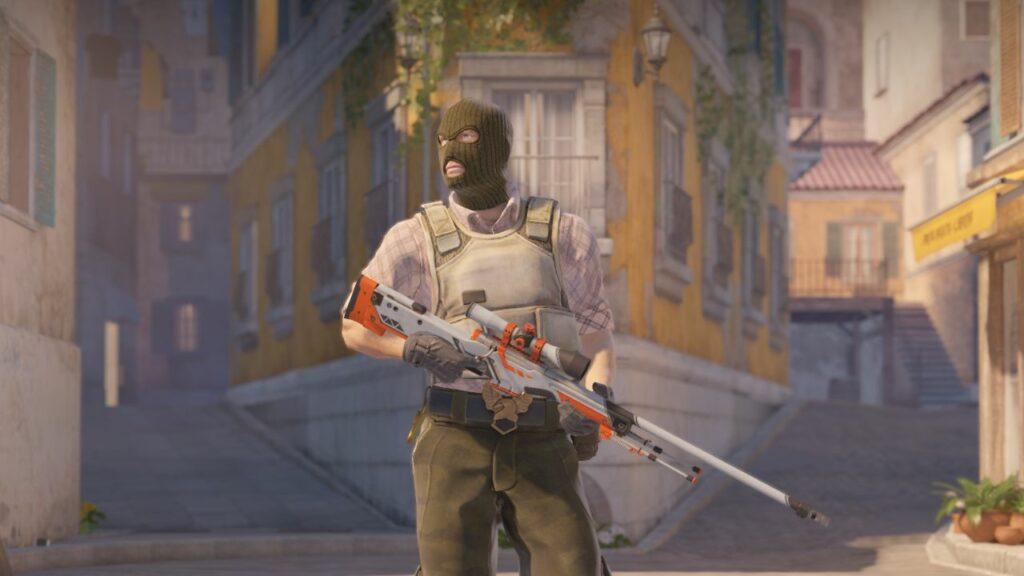
Vitality adds Nivera, will run 6-man team b IEM Global Challenge
Team Vitality has announced the acquisition of up-and-coming Belgian rifler Nabil “Nivera” Benrlitom. This will allow Vitality to join in on the hottest trend in pro Counter-Strike: Global Offensive and use a rotating six-man roster.
A relative newcomer to the scene, Nivera is best known as the younger brother of retired CSGO star and current Valorant player Adil “ScreaM” Benrlitom. Nivera spent the bulk of this year competing with Team Heretics. Heretics is fielding a French roster spearheaded by veteran Fabien “kioShiMa” Fiey. Heretics has had some impressive results this year with victories at the French regional ESL Championnat National and Cyber.Bet Cup, but has failed to break out at the international level
This is our commitment to CSGO, this is our future. We want to create a Legacy. Welcome to the young prodigy @Nivera__ in our six-man roster. pic.twitter.com/e30tcsBxBn
— Team Vitality ???? (@TeamVitality) October 16, 2020
Vitality on the other hand has largely established itself as one of Europe’s premier teams. Despite losing Alex “ALEX” McMeekin in early September to Cloud9 in a $1.6 million deal, Vitality has looked completely unfazed. Although Vitality had a bad showing at ESL Pro League Season 12, it still isn’t enough to overshadow the team’s three consecutive second-place finishes beforehand.
The team is currently competing in DreamHack Open Fall 2020, where it is one of the main favorites to win and earn direct seeding into the IEM XV Global Challenge.
Six-man roster is the way to go?
Lately, six-man CSGO rosters have started to become the norm at the highest levels. In a 2019 statement entitled “Keeping Things Competitive,” Valve effectively banned academy teams. Danish organization Astralis got around this by simply signing more players to its primary team and rotating them situationally on an event-by-event basis.
Other teams such as mousesports and ENCE have all followed suit. Even Cloud9 has confirmed that it is planning to build its “colossus” roster around a six-man rotation.
A number of different factors have impacted the relatively new trend in competitive Counter-Strike. Apart from how the impact of a new player can dramatically change how a team plays when they are incorporated, Valve’s major system forces teams to stick with five teams for official events.
Despite this, teams seem to be committing to building rosters that include a bench. If it proves to be a success with top teams, it is likely to become the standard at all levels.
Recommended

s1mple is offering lessons to help you get good at CS2
Have you dreamed of playing like s1mple?

Recent CS2 ban wave punishes cheaters during live games
Valve is banning players in bulks.

Players hopeful after Valve adds Overwatch to expose CS2 cheaters
Only “trusted” players will be Overwatch investigators.







